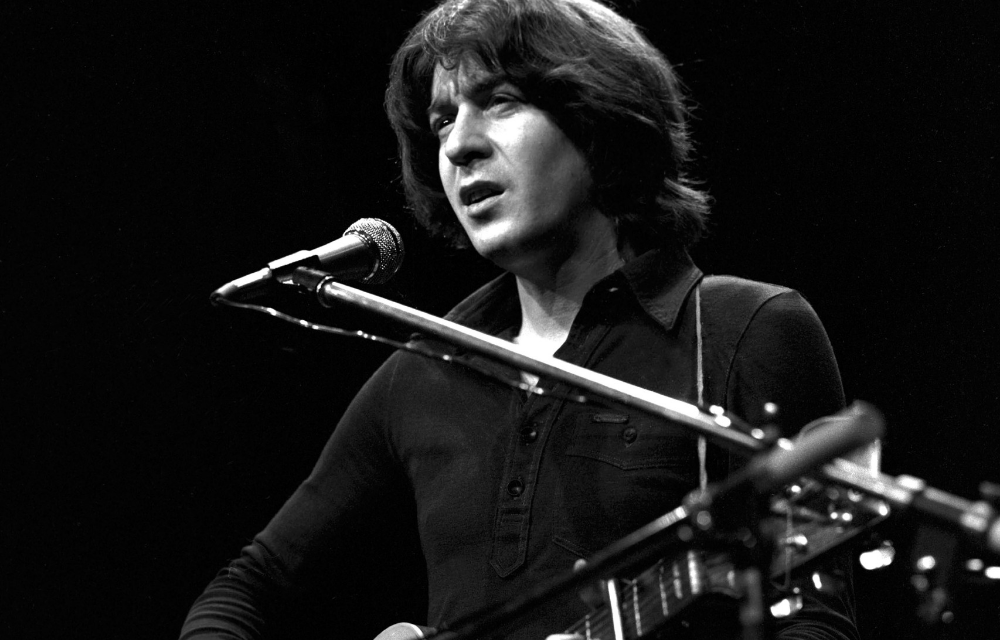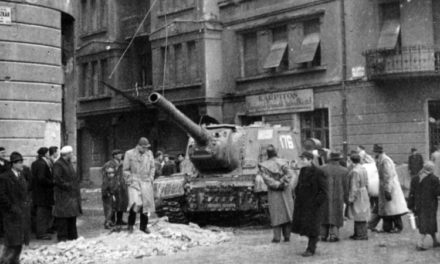"He was Smoke in the Eye. And he was also smoke in the eyes of many up there. Because he said and sang what we didn't say or didn't dare to say," his co-author remembered the singer, who would have turned 80 this year.
Tamás Cseh, Kossuth and Ferenc Liszt prize-winning singer and songwriter, died 14 years ago, on August 7, 2009.
Tamás Cseh was born on January 22, 1943, in Budapest. He spent his childhood in Tordas, Fejér County, where his father was a representative of the local cooperative. He and his family moved back to the capital in 1956, after the revolution. For the boy who had been brought up in the countryside until then, the city full of blown-up buildings was a sharp change.
His talent for drawing was discovered in high school, which became his passion. However, after graduation, the College of Fine Arts rejected his application several times, so he eventually graduated as an art teacher.
At the age of twenty, he founded the group researching Indian culture through experience in the forests around Bakonybél. The members of the tribe lived by conducting serious ethnographic research, making their dwellings and clothing. They chose the charismatic Tamás Cseh, whose Indian name was Füst a Szemén, as their leader.
Géza Bereményi, the artist's co-author, said this about the Indian years: "He was Smoke in His Eyes." And he was also smoke in the eyes of many up there. Because he said and sang what we didn't say or didn't dare to say. It will be easy for the researcher who wants to get to know the feeling of life in the seventies and eighties a hundred years from now. All you have to do is listen to a few Tamás Cseh songs.”
Because the young artist had already acquired music at this time, having learned to play the guitar in a self-taught way. They met the lyricist Géza Bereményi, who initially trained as a writer, in 1970, and from the first day they were connected by a working relationship based on a common worldview and a deep friendship until the musician's death in 2009.
The Beremény-Czech author couple proved to be prolific from the start, but at first only friends and close acquaintances could hear their songs, until they were introduced on television and then in Miklós Jancsó's film Meg kér a nép.
During the filming of the film, László Gyurkó asked Tamás Cseh to join the company of the 25th Theater, but the author couple was unsure whether they would be successful in front of a larger audience. At László Gyurkó's urging, the invitation was finally accepted, and the show Without a Song ran in the theater for a year. Success then became a constant companion of the artist duo, as albums such as Levél növvérem, Antoine és Désiré, The Cover of the White Babies and Frontétrovunulás were released in quick succession.












